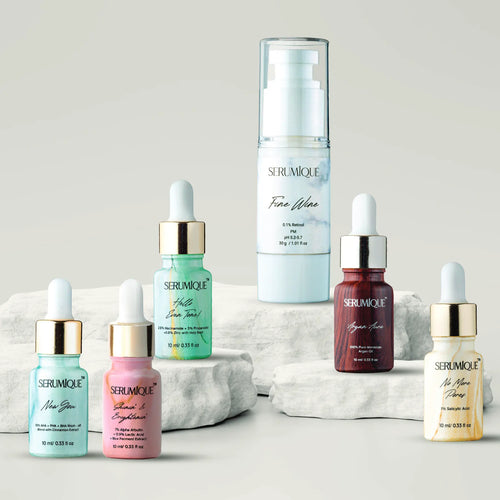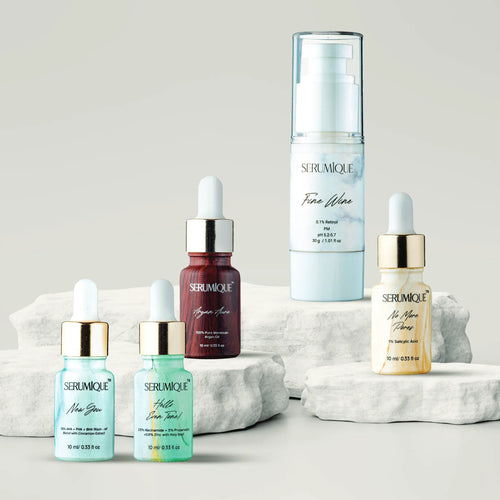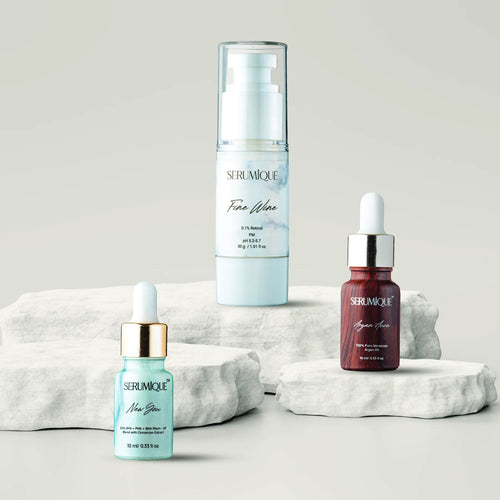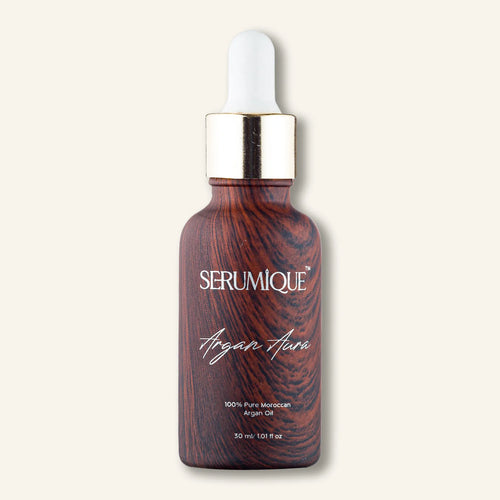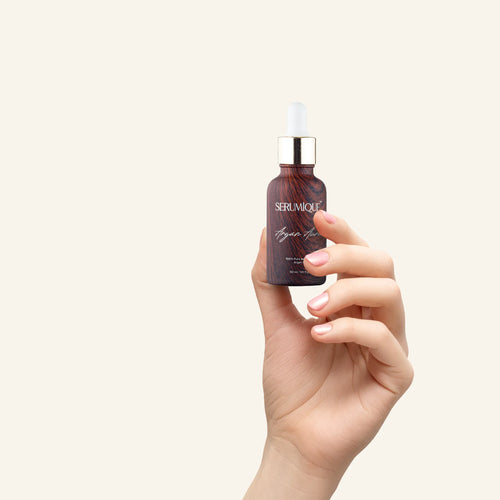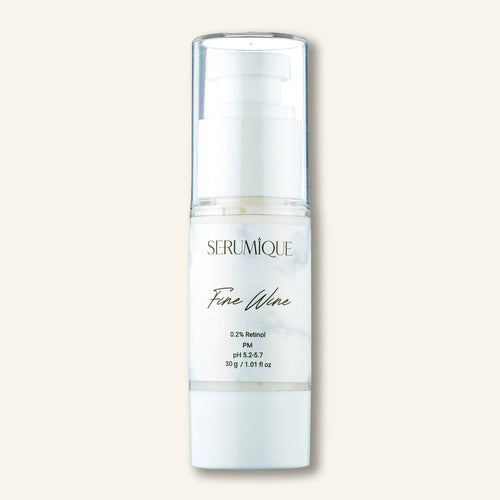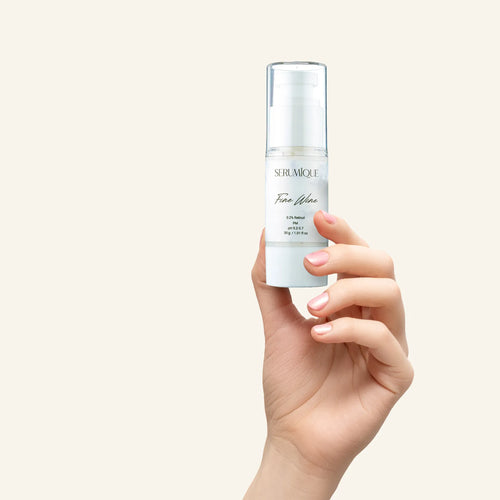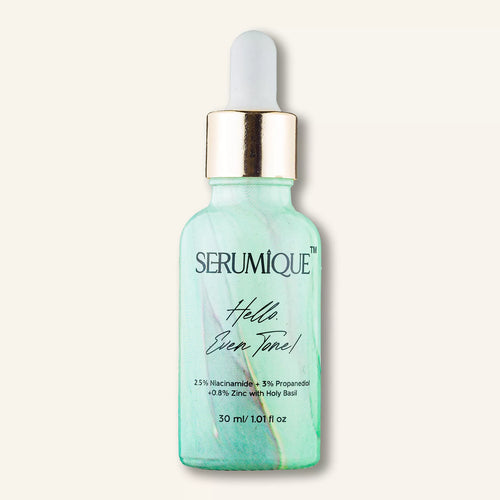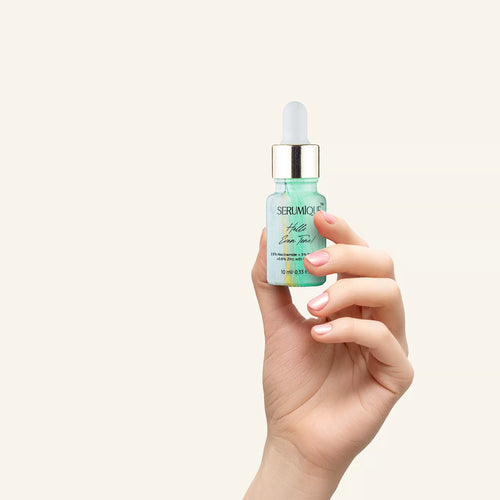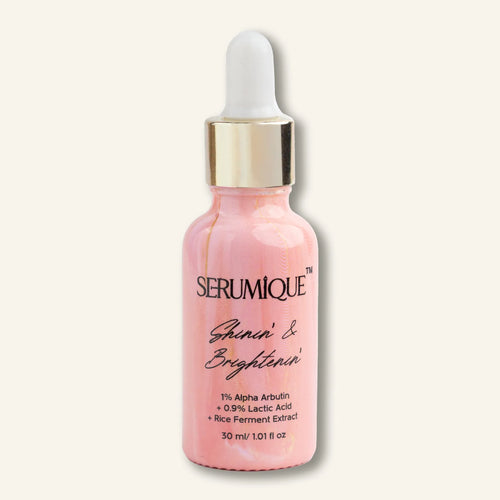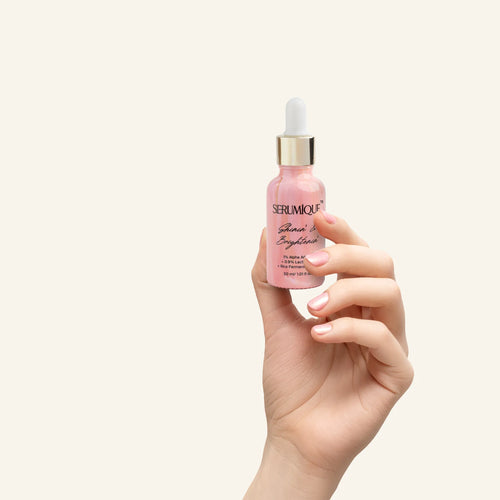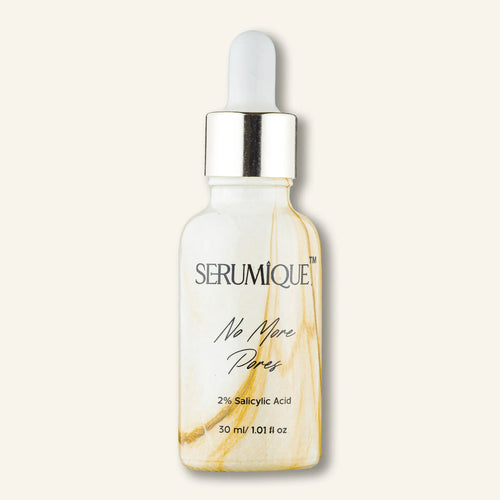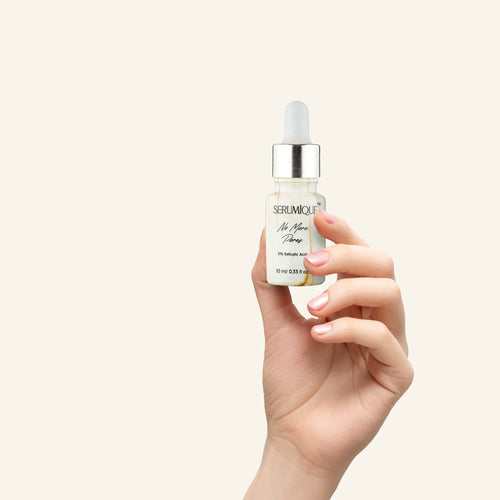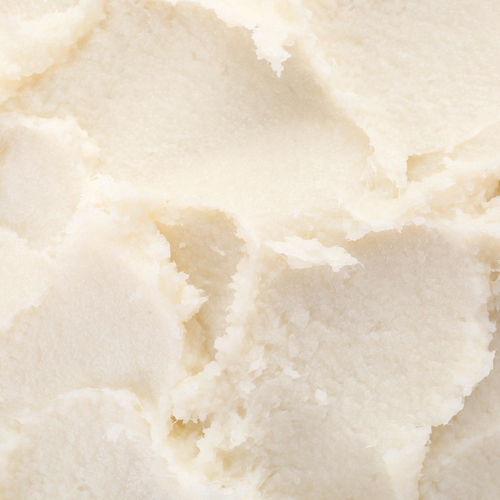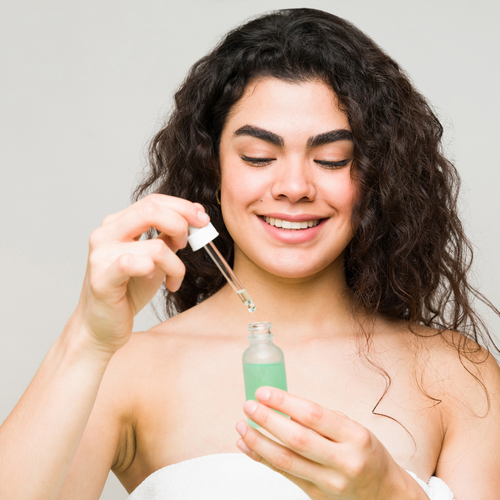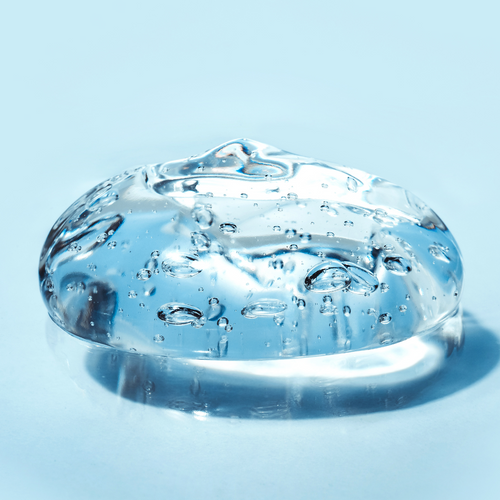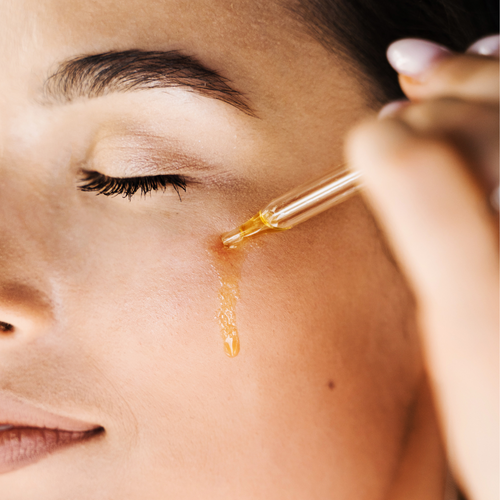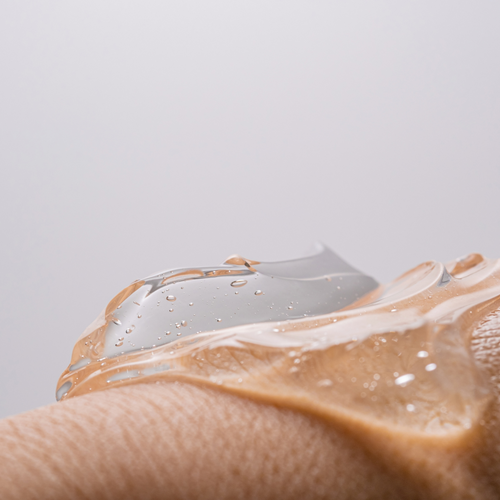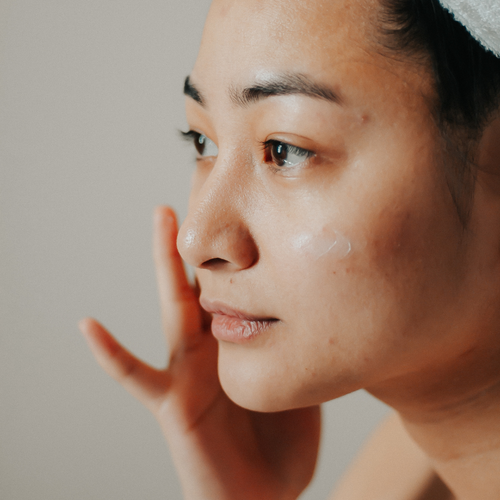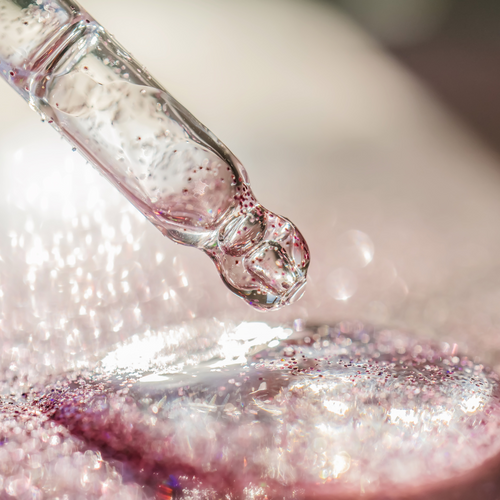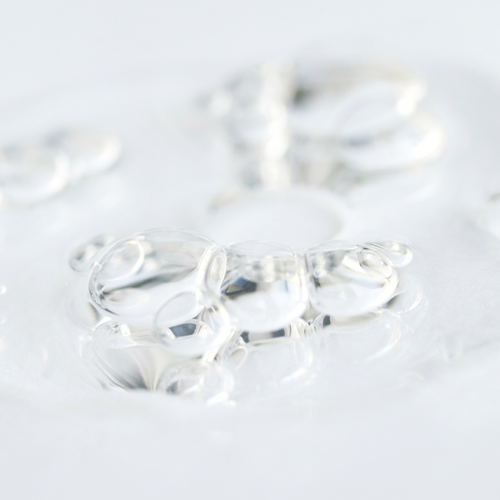Free shipping above orders worth Rs 1200
While hydration is a key component of any skincare routine, there's a lesser-known issue that can arise from too much of a good thing: overhydration. Overhydration, or skin congestion due to excessive moisture, can disrupt the skin's natural balance. This blog explores what overhydration is, its signs, and how to prevent it.
What is Overhydration? Overhydration occurs when the skin is overwhelmed with hydrating products, leading to an imbalance in the skin's natural moisture levels. This can result in a range of skin issues and disrupt the skin's barrier function.
Signs of Overhydration:
- Excessive Oiliness: When skin is overhydrated, it can signal the oil glands to produce more oil, leading to a greasy appearance.
- Breakouts and Congestion: Overhydrated skin can become a breeding ground for bacteria, leading to breakouts and clogged pores.
- Reduced Absorption of Products: When the skin is saturated with moisture, it may not absorb other skincare products effectively.
- Skin Sensitivity: Overly hydrated skin can become more prone to irritation and sensitivity.
Causes of Overhydration:
- Layering Too Many Hydrating Products: Using multiple layers of moisturizers, serums, and essences can lead to overhydration.
- Misjudging Skin Type: Applying heavy or too many hydrating products for your skin type can cause imbalance.
- Overuse of Humidifiers: Excessive use of humidifiers in your environment can also contribute to overhydrating your skin.
Preventing Overhydration:
- Understand Your Skin Type: Tailor your hydration needs based on your skin type. Lighter, water-based products may be more suitable for oily or combination skin.
- Moderation is Key: Use a balanced approach in applying hydrating products. It’s important not to overdo it.
- Be Selective with Ingredients: Look for products with ingredients that balance hydration, like hyaluronic acid, which adjusts moisture levels according to the environment.
- Adjust with the Seasons: Your skin’s hydration needs can change with the seasons. Use fewer or lighter products during humid months.
Treating Overhydrated Skin: If you suspect your skin is overhydrated, scale back on your moisturizing routine and give your skin time to rebalance. Use gentle, non-comedogenic products and avoid heavy creams or oils temporarily. If problems persist, consult a dermatologist.
Conclusion: Hydration is vital for healthy skin, but like all things, balance is essential. Understanding the signs of overhydration and adjusting your skincare routine accordingly can help maintain the optimal level of skin moisture. Remember, the goal is healthy, balanced hydration for a clear, radiant complexion.




